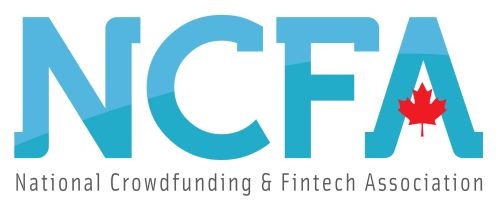AI Regulation | Dec 22, 2023
The UK Supreme Court ruled that artificial intelligence cannot be legally recognized as an inventor in patent applications
This ruling has significant implications for the fintech and broader business community, especially those leveraging AI for innovation. The UK Supreme Court upheld the decision that an inventor must be a human, thus AI cannot be named as a patent inventor. The case was brought forward by Dr. Stephen Thaler, who sought to have his AI system, DABUS, recognized as the inventor of certain patents. The ruling aligns with the current legal framework under the Patents Act 1977, which requires an inventor to be a person.
Impact
This ruling is not just a legal precedent but a catalyst for broader discussions on the role of AI in our society and its integration into existing legal frameworks. The ruling does not preclude the use of AI in devising inventions, provided a human is identified as the inventor. It also touches on ethical considerations regarding AI’s autonomy and capabilities.
See: AI Inventorship is A Legal Dilemma in Patents
This ruling highlights the growing intersection between AI innovation and legal frameworks. Businesses using AI for product development or innovation must navigate these legal nuances, particularly in patent applications.
Outlook
As AI continues to evolve, so too will the legal landscape, necessitating a proactive approach to innovation and intellectual property management. There is an ongoing debate and potential for future legal reforms as AI technology advances.
What are the potential legal implications of AI’s increasing autonomy in decision-making processes? How can the patent system balance the recognition of AI’s role in the creative process while ensuring fair compensation and acknowledgment for human contributors?
How might intellectual property laws evolve to address the contributions of AI in creative and innovative processes, and regarding the ownership and control of AI-generated intellectual property?
See: AI Creations: Policy Options and a Pathway Forward
What legal frameworks are necessary to address the ethical considerations of AI, such as bias and privacy?
How should liability be determined in cases where AI systems cause harm or make erroneous decisions?
What role should international law play in regulating AI development and use across borders? What are the implications for international intellectual property law if different countries adopt varying standards for AI and patents?

 The National Crowdfunding & Fintech Association (NCFA Canada) is a financial innovation ecosystem that provides education, market intelligence, industry stewardship, networking and funding opportunities and services to thousands of community members and works closely with industry, government, partners and affiliates to create a vibrant and innovative fintech and funding industry in Canada. Decentralized and distributed, NCFA is engaged with global stakeholders and helps incubate projects and investment in fintech, alternative finance, crowdfunding, peer-to-peer finance, payments, digital assets and tokens, artificial intelligence, blockchain, cryptocurrency, regtech, and insurtech sectors. Join Canada’s Fintech & Funding Community today FREE! Or become a contributing member and get perks. For more information, please visit: www.ncfacanada.org
The National Crowdfunding & Fintech Association (NCFA Canada) is a financial innovation ecosystem that provides education, market intelligence, industry stewardship, networking and funding opportunities and services to thousands of community members and works closely with industry, government, partners and affiliates to create a vibrant and innovative fintech and funding industry in Canada. Decentralized and distributed, NCFA is engaged with global stakeholders and helps incubate projects and investment in fintech, alternative finance, crowdfunding, peer-to-peer finance, payments, digital assets and tokens, artificial intelligence, blockchain, cryptocurrency, regtech, and insurtech sectors. Join Canada’s Fintech & Funding Community today FREE! Or become a contributing member and get perks. For more information, please visit: www.ncfacanada.org
Related Posts
- SEO Powered Content & PR Distribution. Get Amplified Today.
- PlatoData.Network Vertical Generative Ai. Empower Yourself. Access Here.
- PlatoAiStream. Web3 Intelligence. Knowledge Amplified. Access Here.
- PlatoESG. Carbon, CleanTech, Energy, Environment, Solar, Waste Management. Access Here.
- PlatoHealth. Biotech and Clinical Trials Intelligence. Access Here.
- Source: https://ncfacanada.org/uk-supreme-court-ruling-on-ais-role-in-patent-law/




